Right now, the online education industry expects to soar past $241 billion by 2022. The worldwide e-learning market continues to experience rapid development. This growth is caused by increased accessibility and cost-effectiveness of training and learning initiatives.
So what does this mean for you? Kajabi Vs Google Classroom

Sharing your skills through online classes is one of the best ways to capitalize on right now.
When choosing the best online course suited to your needs, one of the most critical things to understand about them is that not all are designed for marketing online courses.
It’s tough to shake that nagging thought on the back of our heads,” Is this the best online course platform for me?” when you’re deciding a platform.
From picking a product to market to building your internet presence, establishing an internet business can be a daunting thought and procedure. It’s more than simply uploading a video and waiting for the pupil to pop up. It requires you to build a curriculum, develop duties or goals for students to do, design the course pages, and more.
Useful tools for creating sales pages, emailing your users’ and doing all sorts of marketing activities are what good platforms will provide. Others will give you support and instruction on how to effectively market your course.
So, for this article, we will examine how Kajabi stacks up against five other online learning platforms to help narrow your choices.
For those of you who prefer to watch things rather than read them, you can check out this video by Lane Sebring from his YouTube channel, where he’ll give you a video review. You will want to read the rest of the article afterward for a deeper comparison of Kajabi’s competition
> > Interested in a Kajabi Free Trial? Click Here < <
Kajabi vs Teachable

Basically, both platforms can offer the software you need which lets you market and run online courses. Both have easy-to-use interfaces, and almost all features they offer can be readily accessible. They also use Wistia, one of the best video hosting software.
Here’s a gist of what sets the two apart.

Teachable focuses on online course creation in which you can also create memberships. In fact, it allows you to create unlimited courses in their plans. You can also have unlimited students enroll in your classes. While memberships are supplied in Kajabi, even with the plan upgrades, there are limitations on the number of students and courses.
Think about Teachable if you have a marketing site, sales funnels, automated advertising campaigns, and everything else taken care of. It is an excellent lower-cost alternative that is almost 3 times cheaper than Kajabi. It does include 10% transaction fees.
It offers better course compliances and certification classes. This makes it appealing for those looking for academic course hosts. It does not include lecture-specific automation, however, which is a characteristic of Kajabi. You can set an automatic email to be sent to the student, as an example, as soon as they finish with a particular lesson.
Select Kajabi if you would like a stronger course content and a higher level of organization. If you’d like a more straightforward structure, either of the two will be sufficient. Kajabi Vs Google Classroom
If you’re searching for engagement tools and a more interactive learning experience, Kajabi has communities, assignments, and evaluations. Teachable has a comments feature. There’s also a market accessible Kajabi itself, such as that of Udemy or Skillshare. Teachable doesn’t.
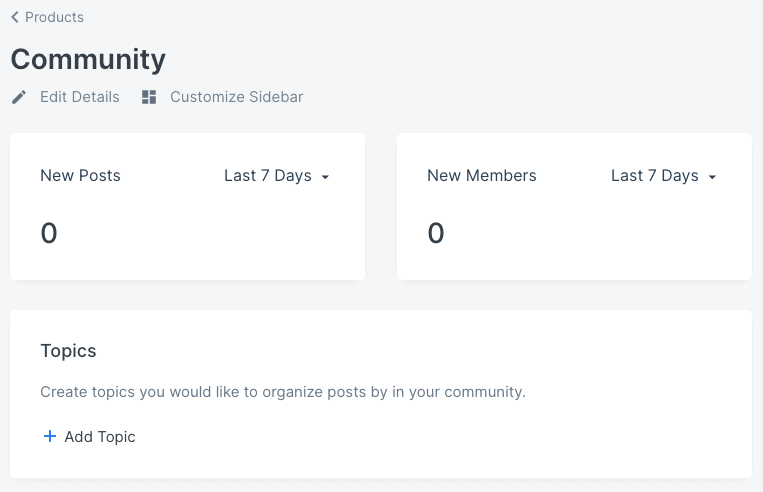
So, consider Kajabi if you’re searching for an all and one-stop-shop platform. Kajabi is for users looking to house all their companies under one umbrella. Landing pages and affiliate marketing features. Now, it will come with a hefty price tag. But, with its features built, you don’t need to worry about hacking together or learning third-party tools with Kajabi. You’ll find that the vital features that you need for your company are in Kajabi.
Kajabi vs Podia
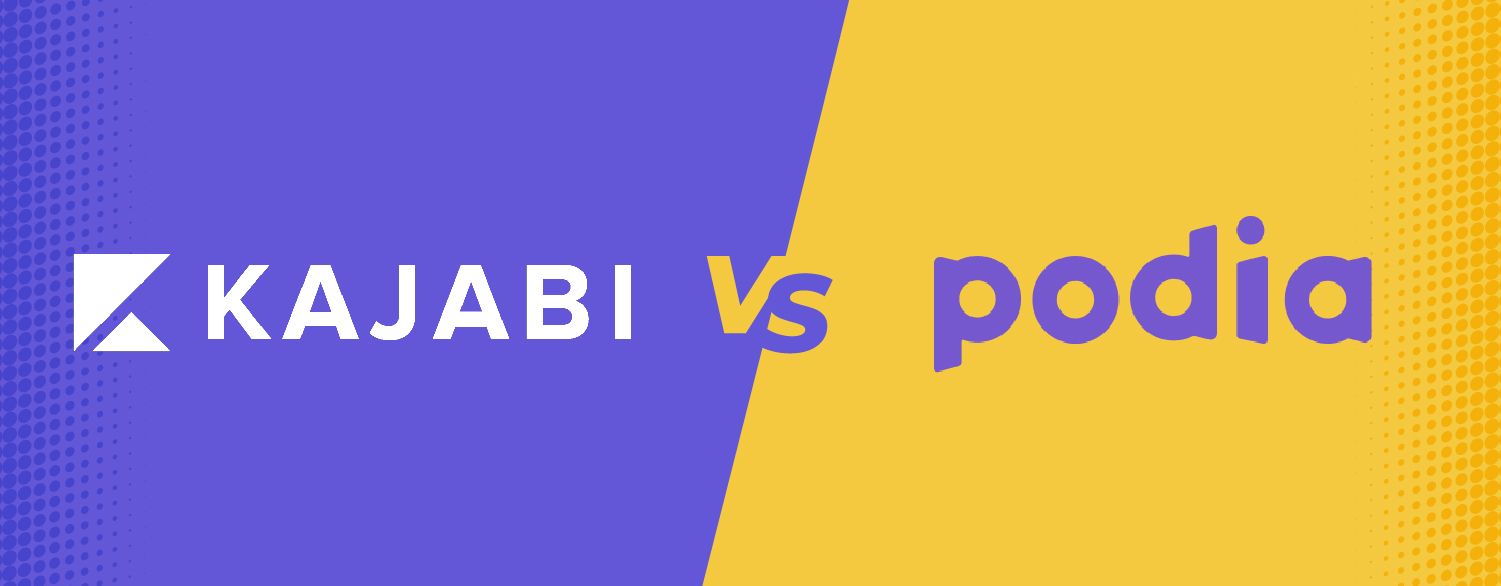
The important difference between Podia and Kajabi is their intended market. Podia is more focused on solo entrepreneurs and course creators. Kajabi focuses on small-to-medium companies.
Both platforms offer powerful features for creating, marketing, and selling online courses. They have excellent course creation tools and excellent customer care and training. They also position themselves as an all-purpose platform for online business.
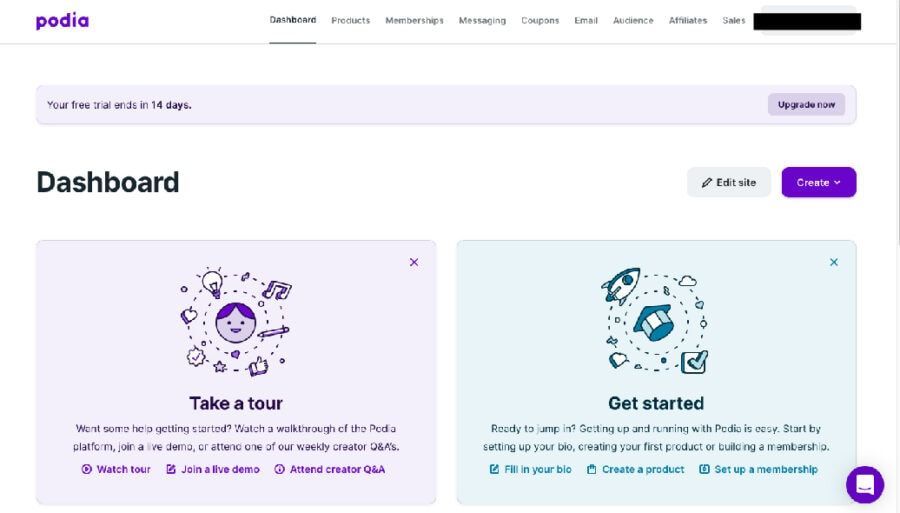
So if you’re just beginning, Podia may be an adequate base for your company. It has a few sales and marketing tools also. But, Kajabi’s collection of marketing tools are its best feature. You get access to unlimited advertising emails, unlimited sales/landing pages, pipeline builders, templates, patterns, and automation even with the cheapest Basic Strategy at $149/month. Kajabi offers a strong option for those who are only building their internet business. These features help enhance your business and allow you to focus on other aspects. Additionally, it works well for established businesses searching to get a needed boost.

The two Kajabi and Podia have useful web building tools for developing a huge variety of pages. A massive advantage of both is that they are hosted, so you don’t have to worry about paying for another hosting service.
Podia offers support by with an extensive education library which is like Kajabi University. Users can take advantage of the extensive library of integrations that both platforms provide. Although, you do not need to use any integrations at all with Kajabi as everything you need is already built into the platform. With Podia, this is a good thing considering that its email and marketing features are thin. It makes up for shortcomings with other areas in the platform.
Of course, there are many more contextualized differences between the two platforms. Look at what your business requirements and assess which features are essential for you. This will allow you to find a platform that will make a gigantic difference with your business.
> > Interested in a Kajabi Free Trial? Click Here < <
Kajabi vs Thinkific
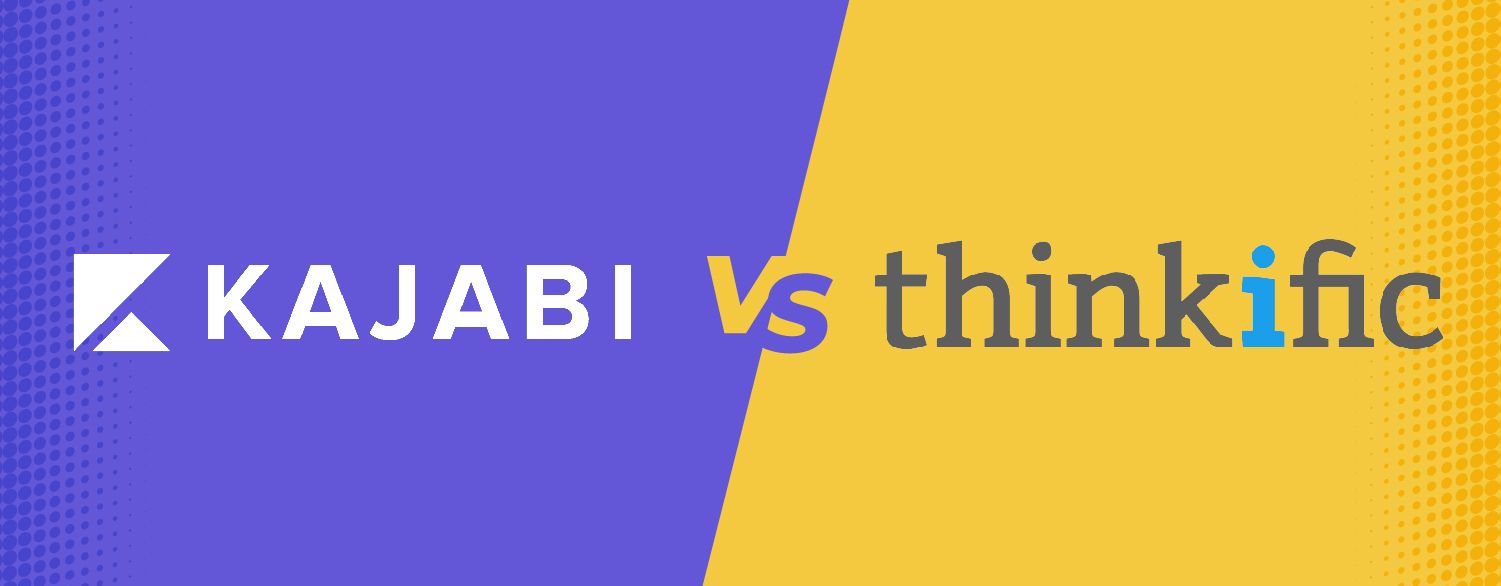
When it comes to the sheer number of features offered, Kajabi wins this down, hands down. Not only does it have more features than Thinkfic, but you also get access to a broader set of tools for an affordable price.
Kajabi was created with marketing and ease of use in mind. With its features, it’s not hard to see how you can use Kajabi for more than just course creation. Kajabi Vs Google Classroom
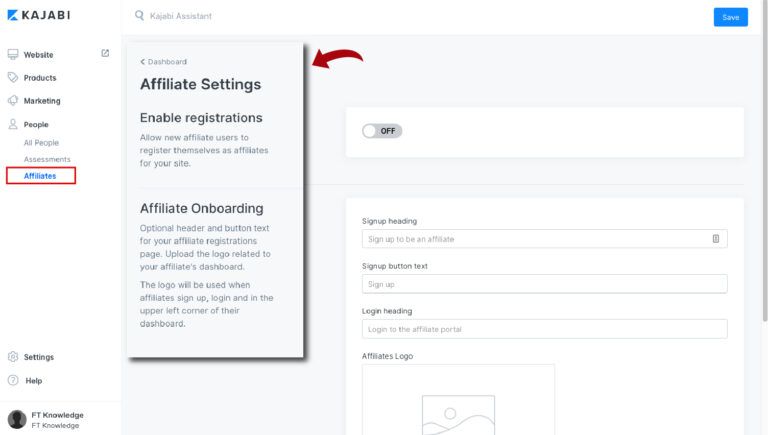
Of course, Thinkific does have an edge over the number of courses and products you can have. With its paid plans, you can host an unlimited number of courses and have an unlimited number of students sign up under each course.
The exact same can’t be said for Kajabi. Kajabi’s highest subscription (Pro Plan) runs at $399/month. It merely allows 100 products and up to 20,000 active students.
Thinkific’s unlimited volume and pupils at even the lowest-paid plan allow the user to create as much course content as they can.
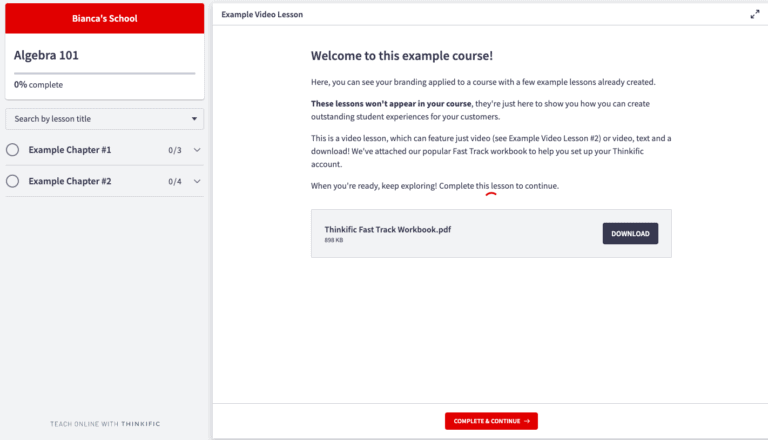
Both platforms are easy to use. While there might be a learning curve to website construction, it’s a really intuitive procedure. You are given a custom domain name. Although you’d have to pay a greater plan to remove company branding from the domain name.
While they are similar in the ease of use aspect, Kajabi offers more customizable plans and layouts. Thinkific only offers three, and it’s less customizable.
You can’t create a blog, use email marketing and build out sales funnels with Thinkific. These are a few advantages that Kajabi has over Thinkific. In contrast, Thinkific’s marketing capabilities are a bit limited.
Thinkific might be a good fit as Kajabi is one of the priciest platforms on the market if you are on a strict budget and starting. But while initial costs with Thinkific may be lower than Kajabi, you would have to consider the costs of having to use third-party tools and transaction fees later on.
> > Interested in a Kajabi Free Trial? Click Here < <
Kajabi vs Udemy
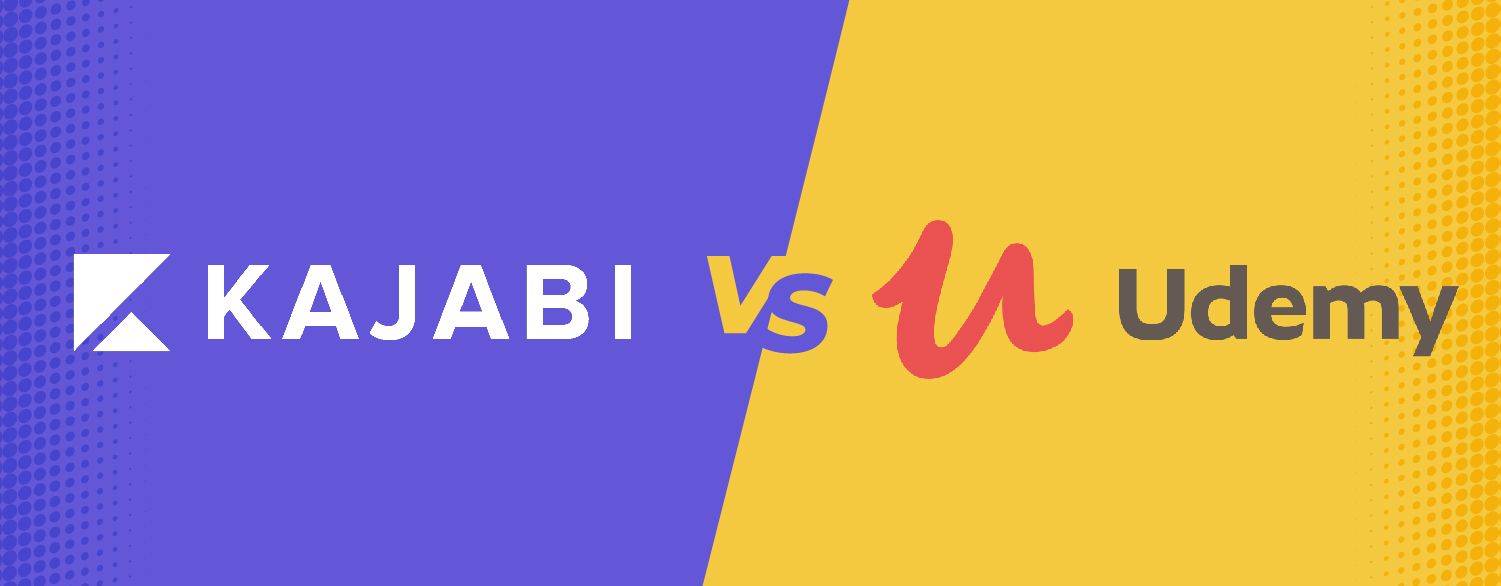
So who has not heard of Udemy? Udemy is a marketplace for online learning with over 100,000 Udemy classes offered for students. Meanwhile, Kajabi is a business platform. Kajabi gives its users the tools they need to build their course website. Udemy enables creators to upload their courses to an existing market where students can purchase them.

A stark difference between the two can be seen in its price gap. It’s free to upload courses to Udemy while Kajabi’s Basic Plan starts at $149 a month. Kajabi is on the pricier side, but it offers extensions, plug-ins, hosting, and domain name, among other things. Although it is free to upload a class to Udemy, it requires 50% commission from each course you sell. Kajabi offers 100% of the total generated revenue to the consumer with no transaction costs on earnings. So you’d need to figure out which deal seems better for your company.
Udemy doesn’t give creators access to marketing tools, though they do have some advertising options. If you sign up for its Marketing Boost Program, Udemy will push your content using its network of affiliate partners. There’s also what they call “Instructor’s coupons,” that users can provide to their students to purchase courses at a discounted price. It’s used by a few as a marketing advantage to funnel students to their main course site.
An issue that Udemy has is that anyone can teach. It may sound confusing but hear me out. Because it’s totally free to upload any course into Udemy, it leads to a lot of low-quality courses being uploaded to the market also. Now, all one must do is avoid the courses with many negative ratings, of course. You’d need to work out a marketing scheme to place your course out there because of Udemy’s much broader course catalog.
Kajabi is a standalone platform which accompanies web-building tools and promotion tools. Its best features are email automation and pipeline builder. Kajabi gives you the tools to make your website, manage and participate with pupils and run advertising campaigns all from the same platform. It’s best to keep that in mind when choosing a platform to begin an online course business. Kajabi Vs Google Classroom
> > Interested in a Kajabi Free Trial? Click Here < <
Kajabi vs ClickFunnels
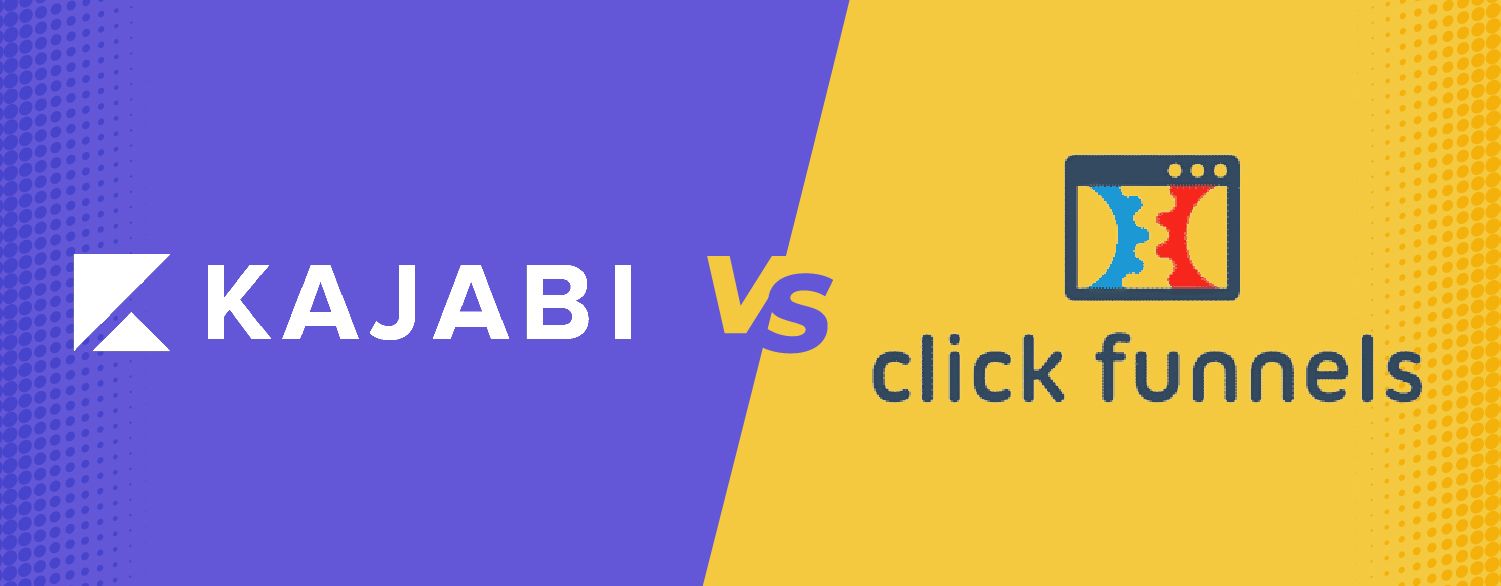
Clickfunnels and Kajabi are equally potent marketing platforms. Both have many features in common such as landing page editors, pipeline builders, CRM systems, and email automation tools. These two would be great contenders if you’re looking to streamline.
Both platforms are super easy to use. In their web-building tools, they feature an easy drag-and-drop editor. They also have a wide assortment of customizable templates to use. It is intuitive and simple to manage. You won’t have to touch a line of code.
So what sets them apart from each other?
Both platforms highlighted helping creators monetize their products. While Kajabi focuses on digital entrepreneurs, Clickfunnels extends to a much wider net and provides for physical products also.
Which products do you offer? If you are offering a digital item, Kajabi has overall more functionality with its web-building tools and online course creation. Clickfunnels would be the right option if you’ll deal with physical goods.
Both Kajabi and Clickfunnels have the pipeline builder and sales funnel as major features. But inside Clickfunnels, everything is based on creating a robust funnel. There are no templates, training, or more resources for producing digital products. On the other hand, Kajabi has more performance than Clickfunnels. It has a web-building tool and an internet course creation tool.
Now, both platforms excel at what they’re designed to do.
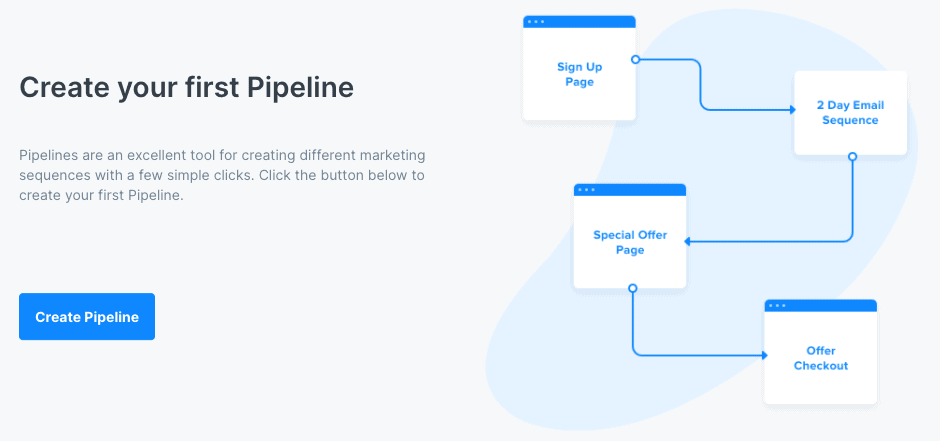
Both have a broad suite of automation and marketing tools. Both are fantastic platforms for marketing your physical and digital products. Kajabi is for electronic entrepreneurs who prefer a one-stop-shop for their online business. Clickfunnels is more of a scaled-down tool focused on marketing automation and processes.
You can go with ClickFunnels i you sell physical products and are comfortable with some degree of custom coding and integrating third-party solutions.
I recommend Kajabi if you’re more about content creation without any fuss. It’s a platform that offers the essential tools you need for your company.
The Last Verdict Kajabi Vs Google Classroom
In general, Kajabi is the ideal decision to make if you’re looking for an all-in-one platform that offers, to name a few, a business website, classes, pipeline builders, and email automation, particularly in case you’ve never run an internet business before. It aims to simplify the process as much as possible by providing support through its various sales, delivery, and marketing features–all in 1 place.
All the platforms mentioned offer something that business owners can think about. If you have sorted out your precise requirements and priorities, you’ll be making the decision easier for yourself.

